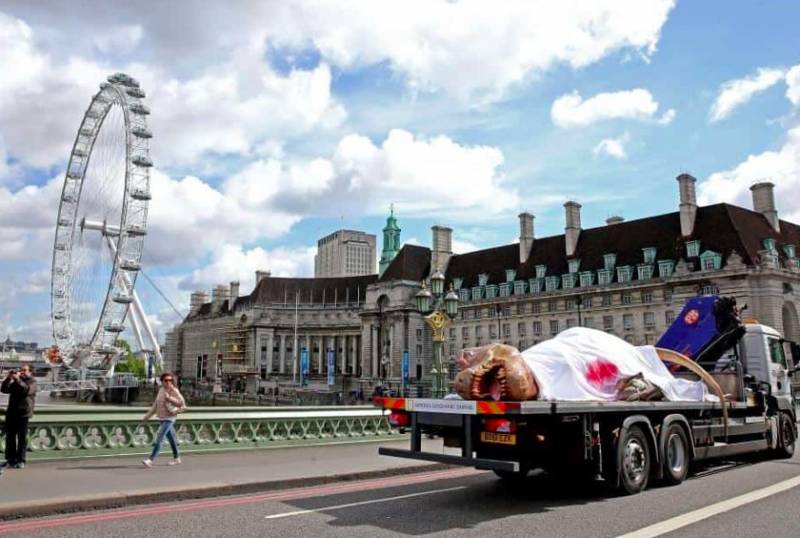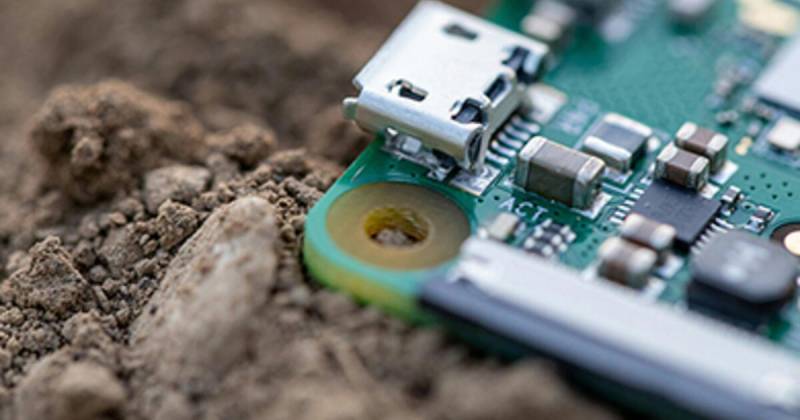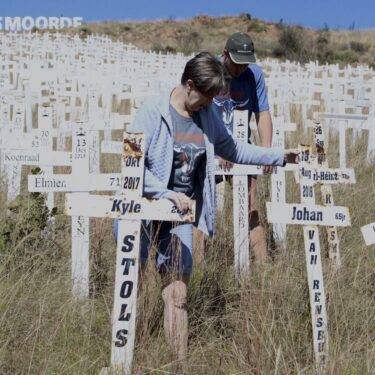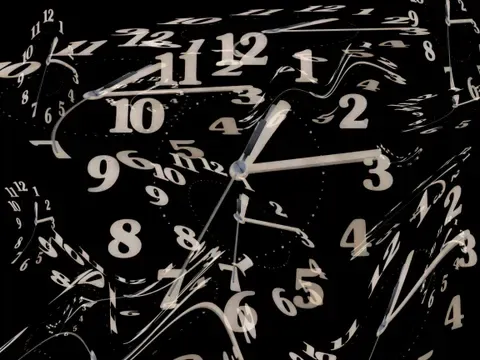The year was full with smart and perplexing moments, from NFT combo dinners to false press releases.
You must be willing to go somewhere distinct if you want your advertising to stand out. This year, a lot of businesses did just that, capitalizing on phenomena like the metaverse and NFTs to sell their products.
Others experimented with unorthodox public service announcements or used graphics from popular television series for door-to-door guerilla marketing. Some of these initiatives were successful, while others were not. Here are six of the year's most bizarre advertising campaigns and public relations stunts.
1. A competitor in Relief's Squid Game
In October, 10,000 business cards in the style of those seen on Netflix's Squid Game were discovered..
The brown cards with a circle, triangle, and square on them are an invitation to indebted South Koreans to play deadly games for large sums of money in the show. Relief, an app that helps consumers reduce credit card debt, was promoted by the ones strewn over New York and Miami.
The Miami-based business did not collaborate with Netflix for the stunt, and the card did not specifically reference Squid Game. However, even casual watchers of the violent hit series will recognize the look. The backside of the business cards, tucked beneath windshield wipers and onto doorframes, made the connection clear: "There's a better method to get out of debt," says the author.
2. NFTs from Burger King's "Keep it Real" campaign
Burger King launched its "Keep it Real Meals" campaign in September to encourage the removal of 120 artificial ingredients from the fast-food giant's menu. Customers may receive collectible NFTs—"non-fungible tokens" signifying ownership of digital assets that can be exchanged or auctioned via blockchain networks—by scanning a QR code included with the limited-time combination meals, each named after a celebrity.
Burger King gave away 6 million digital tokens in 28 styles featuring the Nelly, Anitta, and LILHUDDY in collaboration with NFT e-marketplace Sweet. Burger King isn't the only company experimenting with NFTs in the food industry.
Taco Bell and Pizza Hut Canada both ran promotions in March after introducing potatoes to their menus. Coca-Cola was also a participant, Coca-Cola jumped on the token bandwagon as well, auctioning off NFT "loot boxes" to commemorate International Friendship Day in late June.
3. Roblox x Chipotle
With the yearly "Boorito" promotion, Chipotle has been offering discounted burritos to Halloween customers for almost two decades. This year, the fast-casual business tried something new: it teamed up with the online multiplayer game Roblox to enable the public to "experience Boorito for the first time in the metaverse."
For three days, the first 30,000 Roblox users to visit a virtual Chipotle restaurant and speak with the virtual cashier received a coupon for a free burrito—as long as they dressed up as "Guacenstein" or "Chip Bag Ghost," of course. The site crashed on the first day of the campaign, but Roblox persisted on continuing the outrage
4. PSA for the Vaccine by Samuel Adams
Mascots, influencer collaborations, and corporate endorsements were used in this year's coronavirus vaccine rollout to persuade unvaccinated Americans to receive their doses. With a 30-second spot titled "Your Cousin From Boston Gets Vaccinated," Boston Beer Company's flagship brand Samuel Adams stepped up to do its part in April.
A Boston man wears his "I Got Vaccinated" pin proudly and enjoys drinking Samuel Adams beer with pals indoors in the short PSA. Then he wakes up on the floor of the vaccination clinic, having dropped his pants and fainted at the sight of a needle during the dream sequence.
As the logos roll by, he reassuringly informs individuals in line for vaccinations that they have nothing to fear.
5. The Edible 850-pounder
MariMed Inc., a Massachusetts-based cannabis company, released an absurdly huge, record-setting 850-pound marijuana brownie to commemorate National Chocolate Brownie Day this December. The three-foot-by-three-foot brownie broke the previous record of 234 pounds set by Something Sweet Bake Shop's pot-free rival.
The prank employed three pounds of salt, 212 pounds of butter, over 1300 eggs, and 20,000 milligrams of THC to launch MariMed's new line of "Bubby's Baked" edibles. (By the way, a standard dose is 10 mg.) According to the Associated Press, the brownie will eventually be sold to a medical marijuana user in Middleborough, though the purchase price is still being discussed.
6. America's Voltswagen
Contrary to P. T. Barnum's famous adage, not all press is created equal and not all media is positive.
Volkswagen "accidentally" published a press statement on March 29 announcing the name change of its U.S. subsidiary to Voltswagen of America in preparation for the debut of its new range of ID.4 electric cars.
VW officials acknowledged the breach on Twitter and sent the information to reporters through email. VW admitted that the name change was an elaborate (and premature) April Fools' hoax after the announcement was picked up by various media agencies.
For many customers, the bogus report served as an unintentional reminder of how the German manufacturer misled about diesel fuel efficiency and cheated on emissions tests for years. VW declared the name change a "public proclamation of the company's intentions" before coming open about "Voltswagen", The new moniker is a "public affirmation of the company's future-forward engagement in e-mobility," according to VW.
The announcement caused a spike in the company's stock price of up to 12%, prompting an SEC investigation into whether the company's odd hoax broke securities laws.




